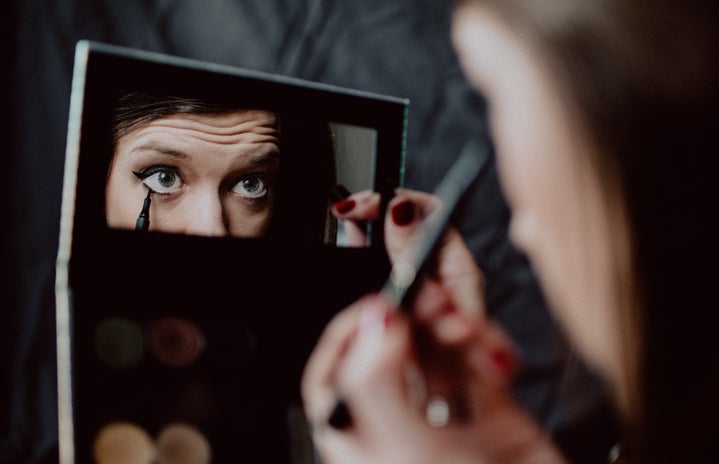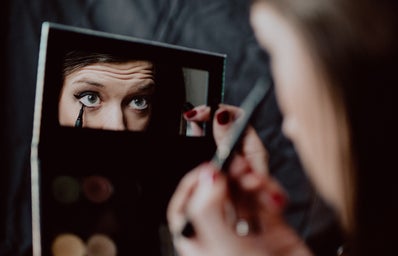When I was younger, one of my favorite movies was “Mulan.” I would sit on the floor in front of the TV, excitedly watching as our heroine tumbled her way through a makeover before meeting with a matchmaker. I always found it interesting how much energy went into making her look perfect to secure a husband, only for the makeover to not be a reflection of her true self.
During my teenage years, I began to take issue with the makeover trope, as it all seemed to revolve around women changing themselves to fit some societal standard. It seemed like a bad message to convey to young women, almost like saying, “Completely change your look, and your crush will like you.”
Although I didn’t grow up watching this movie, “The Breakfast Club” does this trope in an arguably problematic way. Claire gives Allison, who has a darker aesthetic, a girly makeover, and she is immediately able to date a jock.
The problem some people take with this is the inherent assumption that girls have to change their appearance in order to be desired. There’s also the assumption that girls need to be girly to be attractive and that darker aesthetics won’t attract men. Based on this and other media like it, I was super skeptical and antagonistic when it came to the trope.
However, upon some reflection, I realized how wrong I was. This may be a hot take, but I think the makeover trope gets a bad rap. As I got older, I started thinking that the makeover trope was funny and often overdramatized for the sake of comedy more than actively pushing a harmful message on young girls. In fact, it often ends with the character realizing that they would rather stay true to themselves than change for someone else. They realize they’re hurting themselves by trying to conform to a norm they never believed in, to begin with.
One example of this is Cady Heron’s makeover in “Mean Girls.” Cady gets roped into the Plastics and ends up changing her look and mannerisms in order to fit in with the group. After realizing that specific image wasn’t for her, nor worth losing her close friends, she goes back to her old look and way of behaving. In this piece of media, the makeover had the opposite effect than expected; she lost popularity and didn’t get the guy. Only when she comes back to what she loves and where she’s comfortable does she restore her friendships and date her crush.
In this sense, the makeover trope showed that despite it being okay to have a makeover, it’s not in everyone’s best interest to do so. The underlying theme is to not change yourself for the sake of fitting a mold or attracting certain people, which I think is a great message for the young people who may have watched this film and other media with similar use of the trope.
What’s interesting is that this trope also occurs with men as well, where they will change their appearance to get women of certain classes or social circles to like them back. Although it’s usually women, at least in my experience, it’s a trope that can apply to people of all genders and doesn’t have to be as pessimistic as I once saw it.
Despite its flaws, the makeover trope has endured throughout different media forms, from print to live-action. Personally, I’ve come to find it enjoyable and try not to take it as seriously as I used to, and I hope this offers a new take on an old trope.




